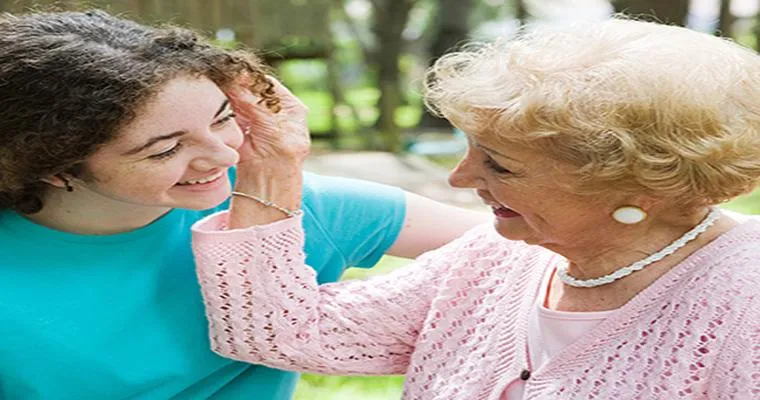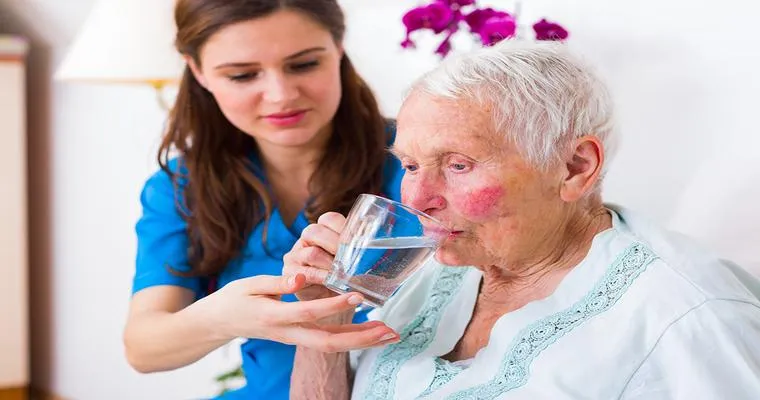Dealing with an elderly loved one who suffers from "recurrent urinary tract infections (UTIs)" can be incredibly challenging. For many caregivers, the emotional and physical toll of managing frequent UTIs in their elderly relatives, especially mothers, can feel overwhelming. Understanding the causes, symptoms, and potential solutions is crucial for improving your mother’s quality of life and making the situation easier to handle.
Understanding Recurrent UTIs
A "urinary tract infection" occurs when harmful bacteria enter the urinary system, leading to inflammation and discomfort. In elderly individuals, recurrent UTIs can be particularly common due to various factors such as weakened immune systems, mobility issues, and hormonal changes. Symptoms can range from painful urination to confusion and irritability, making it hard for caregivers to provide the necessary support.
Identifying Triggers
To effectively manage your mother's UTIs, it is essential to identify potential triggers. Factors such as dehydration, poor hygiene, and certain medications can contribute to the likelihood of recurrent infections. Encourage your mother to drink plenty of water and maintain good hygiene practices. Additionally, consult with her healthcare provider to review her medications, as some may increase the risk of UTIs.
Lifestyle Changes and Preventative Measures
Implementing some simple "lifestyle changes" can significantly reduce the occurrence of UTIs:
1. "Increase Fluid Intake": Encourage your mother to drink more water throughout the day. Adequate hydration helps flush out bacteria from the urinary tract.
2. "Promote Good Hygiene": Ensure proper bathroom habits. Wiping from front to back can help prevent bacteria from entering the urinary tract.
3. "Wear Breathable Underwear": Cotton underwear is preferable as it allows for better air circulation and reduces moisture buildup.
4. "Cranberry Products": Some studies suggest that cranberry juice or supplements may help prevent UTIs by preventing bacteria from adhering to the bladder walls.
5. "Regular Bathroom Visits": Encourage your mother to use the bathroom regularly rather than holding it in, as this can help clear out bacteria.
Medical Interventions
If lifestyle changes are not effective, consult with a healthcare professional about medical interventions. Options may include:
"Antibiotic Prophylaxis": For women who experience frequent UTIs, a doctor may prescribe a low-dose antibiotic to take daily for a certain period.
"Estrogen Therapy": For postmenopausal women, topical estrogen treatments can help restore the natural balance of bacteria in the urinary tract.
"Urinary Tract Health Supplements": Some over-the-counter supplements are specifically designed to support urinary tract health and may be beneficial.
Seeking Support
Caring for an elderly parent can be exhausting, especially when managing health issues like recurrent UTIs. It’s important to seek support for yourself as well. Joining caregiver groups or talking to friends and family can provide emotional relief and valuable insights.
Conclusion
While dealing with an elderly mother who has recurrent UTIs can be frustrating, there are effective strategies to manage and reduce the frequency of these infections. By understanding the causes, implementing lifestyle changes, and seeking medical advice when necessary, you can help improve your mother's health and well-being. Remember, you are not alone, and support is available for both you and your mother during this challenging time.





